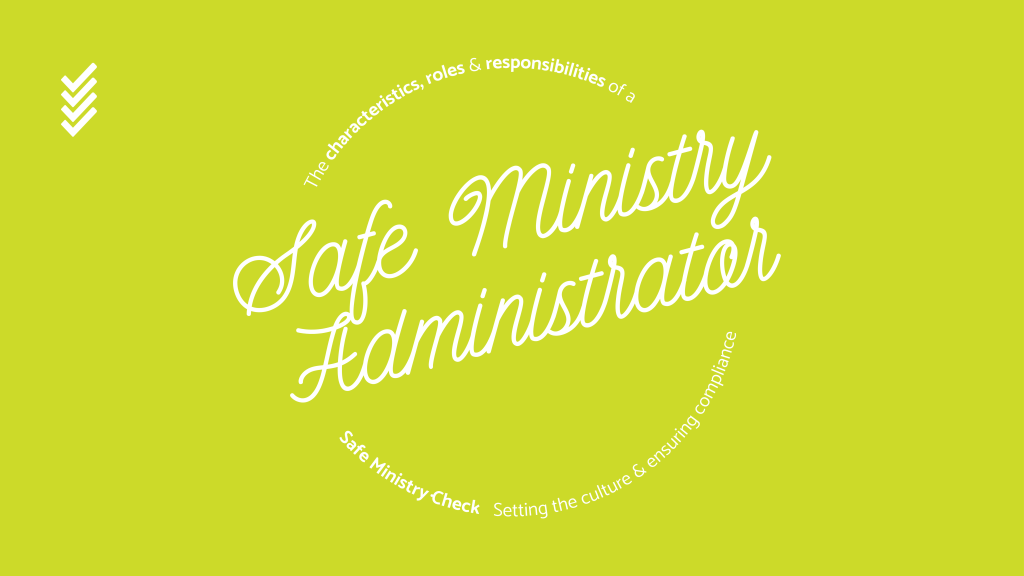In the realm of church administration, the role of a Safe Ministry Check Administrator is pivotal. Entrusted with the critical task of ensuring the safety and well-being of all members, especially the vulnerable, this role demands a high degree of integrity, discretion, and unwavering commitment to compliance. Here’s an in-depth look at the primary characteristics, roles, and responsibilities of a Safe Ministry Check Administrator.
Primary Characteristics
- Trusted and Above Reproach: Given their access to personal information, Safe Ministry Check Administrators must be individuals of impeccable integrity. They are expected to handle sensitive data with the utmost confidentiality, demonstrating unbiased and sound judgment in all situations.
- Discretion and Privacy: Administrators must maintain the highest standards of privacy. They are privy to sensitive information which requires them to act discreetly and responsibly, ensuring that confidentiality is never compromised.
- Unbiased Judgment: The role demands impartiality, especially when dealing with issues related to compliance and safeguarding. Administrators must ensure fair treatment for all individuals, free from favouritism or prejudice.
Key Roles and Responsibilities
- Compliance Management: A crucial part of the administrator’s role is to ensure that all trainees can access their required training and screening. This includes managing trainee profiles, tracking compliance and training requirements, and ensuring that all records are up to date.
- First Point of Contact: Administrators act as the first point of contact for trainees who have issues or require assistance. This involves addressing inquiries, providing support, and guiding them through the training and screening processes.
- Follow-Up on Training and Updates: Administrators are responsible for following up with trainees who need to update their information or take action, such as renewing their training. This proactive approach helps maintain high standards of compliance and ensures continuous protection for vulnerable members.
- Facilitation and Support: Administrators play a supportive role in facilitating involvement from all church members in safeguarding processes. This includes ensuring that everyone, from leaders to volunteers, understands their responsibilities and the importance of compliance with safeguarding policies.
- Documentation and Record Keeping: Meticulous record-keeping is a significant aspect of the administrator’s role. They must maintain detailed records of all training and incidents to ensure transparency and accountability.
- Building a Culture of Safety: Beyond compliance, administrators help cultivate a culture of safety within the church. This involves promoting the principles of safe ministry and ensuring that these values are embedded in all aspects of church operations.
By ensuring compliance, supporting trainees, and promoting a culture of safety, Safe Ministry Check Administrators play a crucial role in safeguarding the church community. Their work helps create an environment where faith and fellowship can flourish without fear, embodying the very essence of Safe Ministry Check’s mission.

